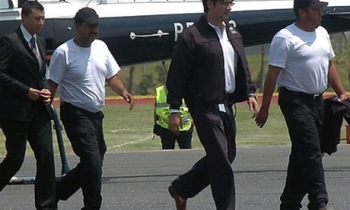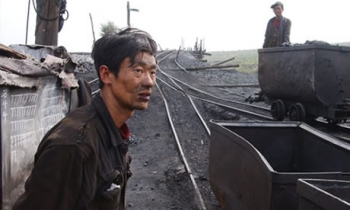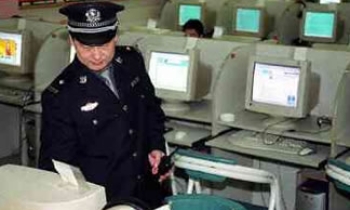Reporters sans Frontières (RSF) has hailed the provisional release of French photographer Jean-Paul Ney, who had been held in Abidjan since late December 2007 in connection with a conspiracy to overthrow the Ivorian government known as the “Christmas in Abidjan” affair.
The provisional release of Ney on Wednesday and all the other persons held in connection with the case was ordered this afternoon by a court in Abidjan-Plateau. Ney’s Ivorian lawyer, Minta Traoré, was at the court when the release order was issued. Ney had been charged in January 2008 with “conspiracy against state authority” and “attempted violence.”
“Although the ‘Christmas in Abidjan’ case has not yet given up all its secrets and although Ney’s role has yet to be clarified, we are relieved and pleased by his release,” Paris-based RSF said. “After 16 grim months of detention in the Abidjan penitentiary, Ney should be able to be reunited with his family in France.”
Reached by telephone as he left the prison at 8:15 p.m., Ney told RSF, "I am at the door of the penitentiary and the French consul is waiting for me. I am on a cloud and I don’t know when I will come down. I cannot wait to get back to France.”
Ney’s imminent release had been announced Tuesday by the French secretary of state for cooperation and Francophone countries, Alain Joyandet, when he was interviewed by the L’Intelligent d’Abidjan newspaper as he emerged from a meeting with President Laurent Gbagbo at his residence in the administrative capital, Yamoussoukro.
Joyandet described Ney’s release as “positive news” and said his meeting with President Gbagbo had opened “a new page in Franco-Ivorian relations.” Ivorian officials said the release of the detainees was a “humanitarian gesture.”
Ney was arrested near the studios of RadioTélévision Ivoirienne (RTI) in Abidjan on December 27, 2007 in possession of 14 hours of video revealing the background to an coup conspiracy hatched by Ibrahim Coulibaly (also known as “IB”), one of the leaders of a 1999 coup. Coulibaly’s conspiracy was exposed the following day in the central city of Bouaké by Forces Nouvelles (FN), a former rebel group now in a power-sharing arrangement with President Gbagbo.
Some light was shed on the case by a documentary produced by the Capa news agency that was broadcast on the French TV station Planète two weeks ago. The result of a year of investigations in France and Côte d’Ivoire, it focuses on Jean-François Cazé, a Frenchman who variously portrays himself as the coup’s strategist, a mercenary hired by Coulibaly, and a French intelligence agent. It also indicates that certain senior French officials were aware of the coup preparations.









